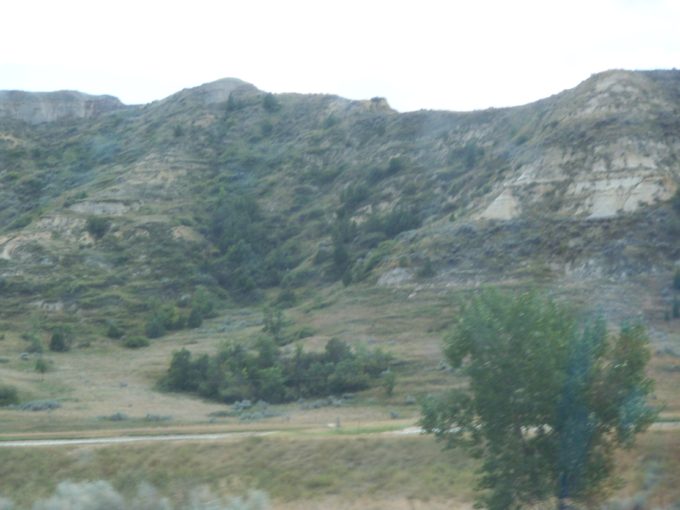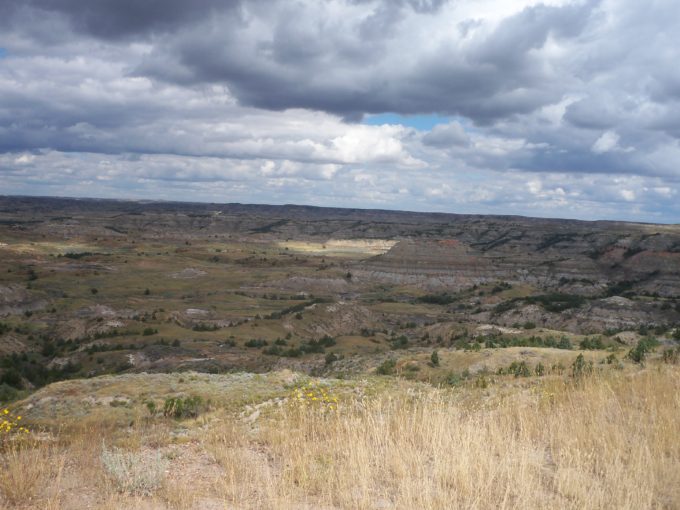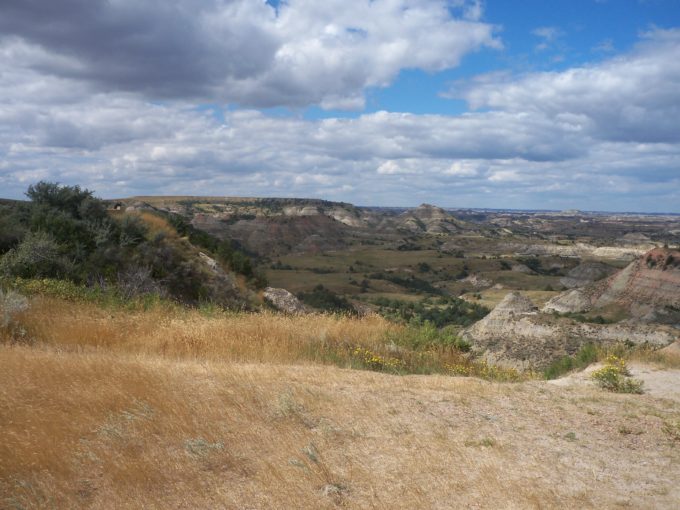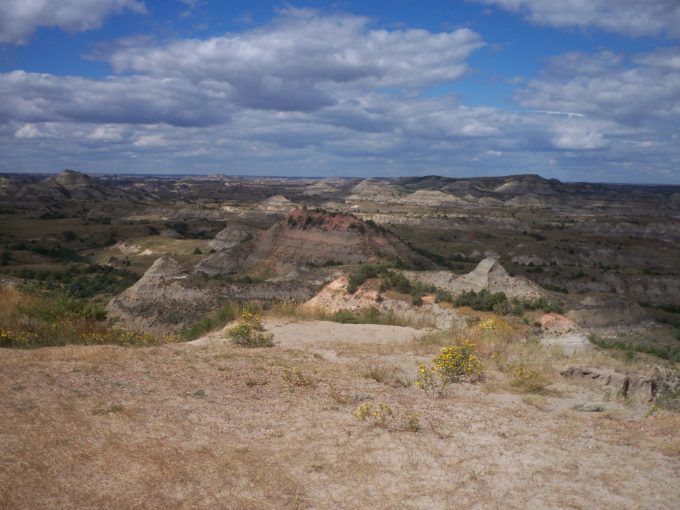
Tuesday, 17 September 2019
…let him know that he who turns a sinner from the error of his way will save a soul from death and cover a multitude of sins. James 5:20
James finishes his epistle on a sudden, even abrupt, note. It is also one which is highly debated as to who and what James is referring to. In other words, it is a complicated set of words. As it is only a part of a greater thought, the verse must be taken together with the previous one –
“Brethren, if anyone among you wanders from the truth, and someone turns him back, 20 let him know that he who turns a sinner from the error of his way will save a soul from death and cover a multitude of sins.”
As he is speaking to the brethren, the first words of the verse are directed to believers. It is any believer who turns another back from wandering from the truth. Such a person is to understand “that he who turns a sinner.” This “sinner” is referring to the one who has wandered from the truth. A believer has shown the sinner his error and has returned him to the right path and from “the error of his way.”
To this point, nothing overly complicated is seen. A person has wandered off on a bad path, a believer has intervened and returned the person from that bad path to the way which is right. From there it says he “will save a soul from death.”
The soul is that which animates the body. It is that part which continues on, even after a body is dead (as in Revelation 6:9, etc). The word death signifies the cessation of life. The debate begins with the question of “whose soul?” Is it the one who is turned, or is it the one who is the instrumental cause of the turning, meaning the person who turns the other from the error of his way? The words of Paul in 1 Timothy 4:16 leave the matter unresolved –
“Take heed to yourself and to the doctrine. Continue in them, for in doing this you will save both yourself and those who hear you.” 1 Timothy 4:16
The word “save” can mean various things at various times, but in the case of James’ words, it is probably not referring to salvation of a soul, but saving from physical death.
The natural assumption is that he is speaking about the one who has been turned. He is on a wayward path and it will lead to death. He may be into drugs or some other sin which will lead to death (see 1 John 5:16, 17).
From there, James then says, “and cover a multitude of sins.” Once again, it is debated what this means. The question of “whose sins” arises. Is it the one who strayed, or the one who brings him back from straying? And further, what is the meaning of “cover?” The word is not used in the sense of atonement elsewhere in the New Testament, unless this is what Peter, who uses the same Greek word, is also referring to –
“And above all things have fervent love for one another, for ‘love will cover a multitude of sins.’” 1 Peter 4:8
The words that both James and Peter are referring to come from Proverbs 10 –
“Hatred stirs up strife,
But love covers all sins.” Proverbs 10:12
There, like in the Greek of the New Testament, the word is not used in the sense of atonement, but rather something which is covered and hidden from sight. However, in Psalm 32:1 and in Psalm 85:2, the same Hebrew word is used along with another clause which refers to forgiveness of sins which are then covered –
“Blessed is he whose transgression is forgiven,
Whose sin is covered.” Psalm 32:1
“You have forgiven the iniquity of Your people;
You have covered all their sin. Selah” Psalm 85:2
And so the question then arises as to whether James and Peter are speaking of forgiveness of sins by God which are then covered, or are they simply speaking of sins which are forgotten by the parties involved. The safest interpretation is that this is speaking of the sinner’s life being saved from death, and the sinner’s sins being those referred to. This would be in line with, for example, Ananias and Sapphira in Acts 5.
They sinned and died because of it. The passage concerning Anania and Sapphira form a descriptive example of what could happen to those caught in sin. They strayed from the path and they died because of it.
The covering of the sinner’s sins is another matter. In Christ, there is a one-time for all time judicial atonement of sin. If James is referring to a non-believer, then his words here refer to that. However, taken in connection with Peter’s words, who is certainly speaking of believers, it appears that the covering of the sins is not speaking of forgiveness by God in Christ, but by the overlooking of the sins of the sinner. They are covered and forgotten.
As an example: Tom becomes a compulsive gambler. He starts to borrow money and not pay it back. Jim intervenes and corrects Tom’s way of life. Tom is saved from death (probably from getting killed by the people he had been borrowing from) and also from whatever other events have arisen from his walk down this wayward path. In the process, his sins are covered (forgotten) by those who see his life-change. His debts are forgiven, and he is brought to a whole state once again. Further, a multitude of sins which otherwise would have been committed as he continued down his wayward path have been averted. They have been covered by the change in his course. And this was because of the love of one for another. Thus, the loving act saved his soul from death and covered a multitude of his sins.
Life application: There are a multitude of blessings which come about from leading a soul back to the proper path, so look around you with open eyes and when you discover a backslider, help them back to restoration. The Lord will be glorified and the wayward soul will be saved from death. Be responsible in your care and attention of your fellow believers.
This is the last verse of the book of James. 1 Peter begins next. So take time today to tell others about this magnificent coming event, and encourage them to join in.
Thank You, O God, for the wonderful lessons of Your precious word. It is a book which provides abundant learning and growth in what You would have for Your people, if they would just read, pay heed, and apply those words to their lives. And so, may we take to heart the lessons found there and always bring great glory to You through their right application. In Jesus’ name we pray. Amen.




